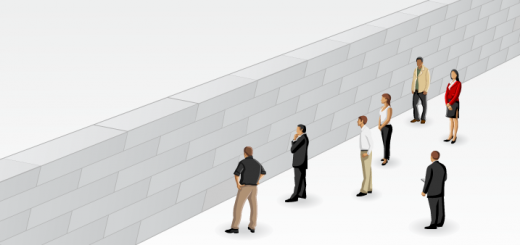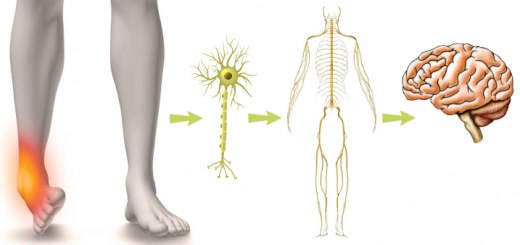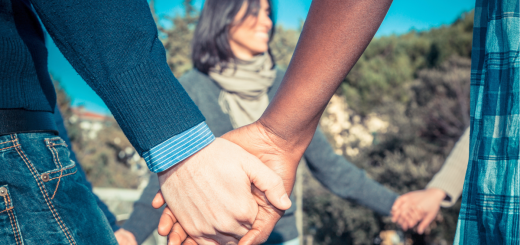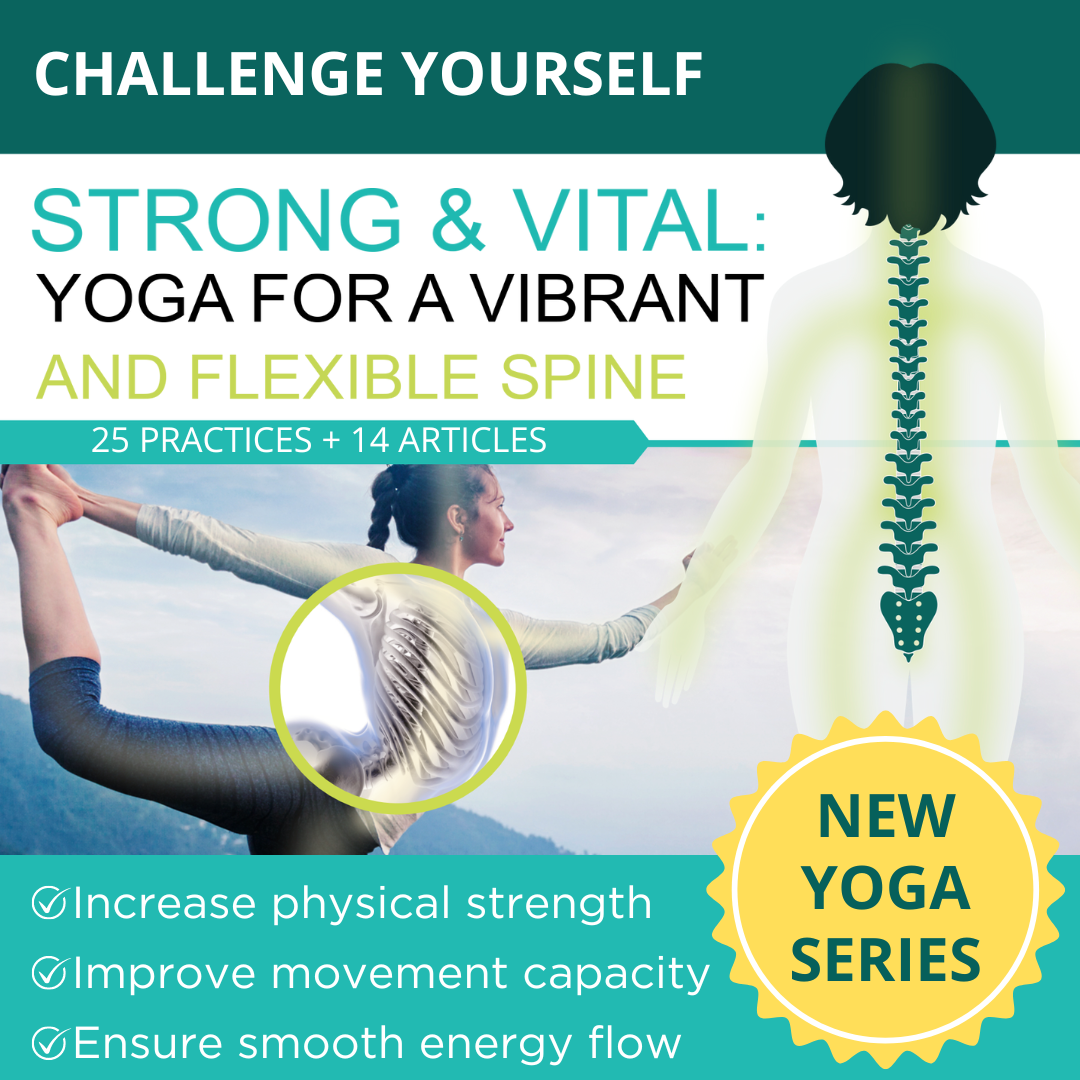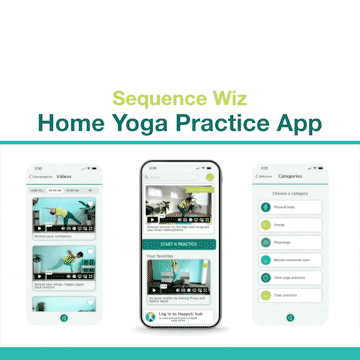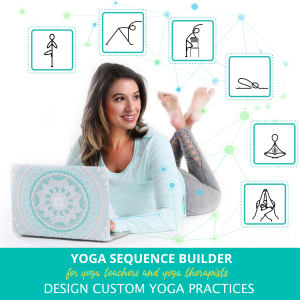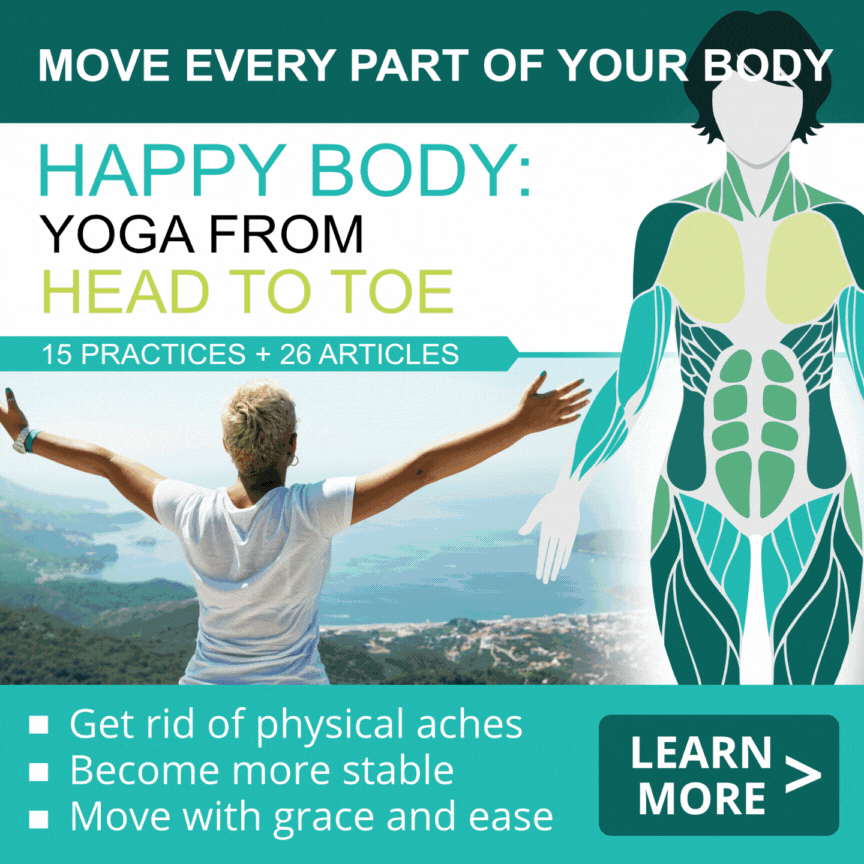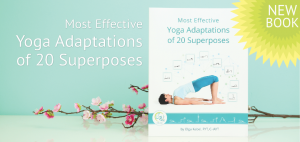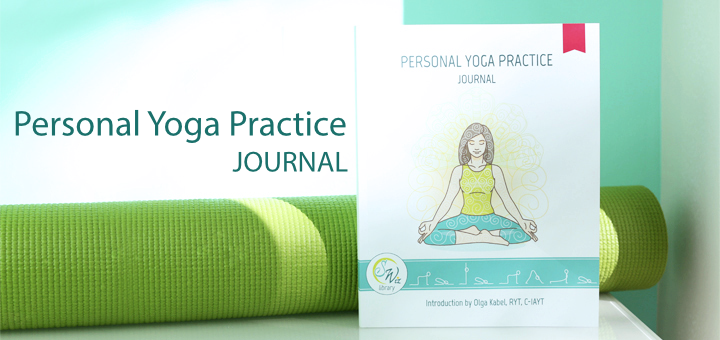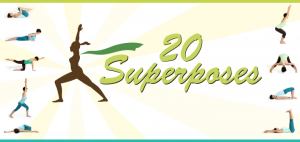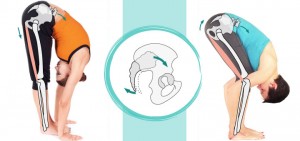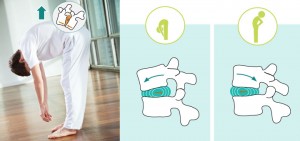Collective Trauma: Dignity (why, what, and how)
0
by Maryam Ovissi, C-IAYT
“Being cut off from our own natural self-compassion is one of the greatest impairments we can suffer. Along with our ability to feel our own pain go our best hopes for healing, dignity and love.” Gabor Mate
The concept of dignity is often connected to a person’s sense of worth and value. Collectively, how do we experience dignity, and how do we extend it? This often lies in the ability to find like-minded communities that offer a space to share, be heard, seen, and respected. Collectively, society creates methods of communication and collective experience that allow for communities to be able to share concerns and violations, as well as engage in “collective effervescence.” This concept was first described by Emile Durkheim in Elementary Forms of Religious Life, a study of religions with a focus on rites and rituals.
“In these events, he observed a vibrant energy that flowed through communities when participating in a ritual together. Essentially, we merge with the group’s flow; it is a shared experience that often brings about strong emotion and even euphoria.” Cathy Malchiodi Ph.D., “Please Don’t Take My Collective Effervescence Away”
As Yoga Therapists, we may observe the client’s need for community and collective spaces that foster joy, connection, and compassion. This concept introduced by Durkheim may explain what is happening in Yoga classes and events and why as Yoga Therapists, it may make more sense to offer group yoga therapy sessions for individuals dealing working with similar imbalances.
During the Summer of the Covid-19 2020 Pandemic, the United States underwent a major racial awakening as systemic racism was unpacked once again with the death of George Floyd. People of Color, especially black Americans, needed to be heard and reclaim their dignity. This was amplified by the horrific death of George Floyd due to a knee on his neck while he was lying down on the ground with the community watching.
When people’s rights are violated, how do they reclaim their power? Do they deserve dignity if they are the violators? These questions often depend on many factors, yet contemplation is essential to consider approaches. The reclaiming of dignity often comes from three simple ideas:
- To Be Heard
- To Be Seen
- To be Touched with Respect
In short, by being loved.
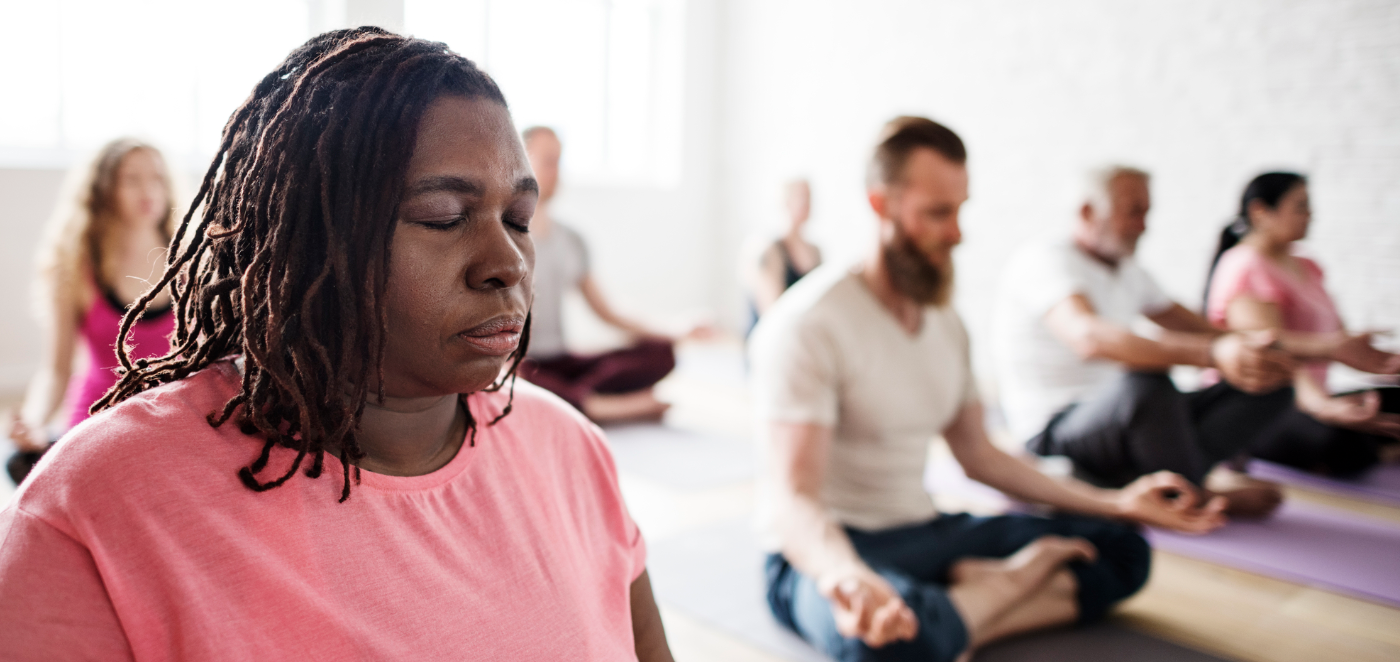
The pandemic exposed many things in the Yoga community at large. We became aware of the imbalances that exist culturally and racially. COVID-19 has thrown most of the world population into turmoil on every front, disproportionately affecting women and BIPOC populations. We began to question the teachings and the abuse of power in the teacher-student relationship. We became attuned to ideas around cultural misappropriation and intentionally cultivated cultural appreciation.
As an Iranian-American, I have had the visceral experience of the “other.” In my seat as a Yoga Therapist/Teacher, it has often been said to me, “I come to you because you are a person of color and a woman, and I feel you can understand the burden of these times.”
Our sense of Self is informed by several factors, including epigenetics, environment, natural disasters, and family systems. However, one moment can shatter us, and another moment can return hope lost. As Yoga Therapists, we can offer that one moment where a person is fully seen as an integrated whole person with value and dignity.
I find individuals seek the integration of yoga therapy into their care plans for three primary reasons:
- They have experienced integrative care and value the way yoga sees the whole person due to personal experience.
- They have experienced the lack of being seen, heard, and respected in the journey of alleviating suffering and are interested in pursuing this.
- They have been advised by someone they trust to explore yoga therapy.
As a clinical Yoga Therapist working in oncology at INOVA/Life with Cancer, I find one of my central roles is to support each person with dignity as I share the medicine of Yoga Therapy chairside and bedside. I feel this happens most effectively with the words I use with the patients.
Please consider taking a few moments to reflect on these prompts. Perhaps journal or bring them up as a group conversation.
- Do you feel heard and seen in your life?
- Who modeled for you seeing all humans with dignity?
- Do you feel your opinion matters with your medical provider?
- Are you able to articulate how you are feeling with clarity?
Next time we will reflect on what’s ahead in our post-traumatic growth – tune in!
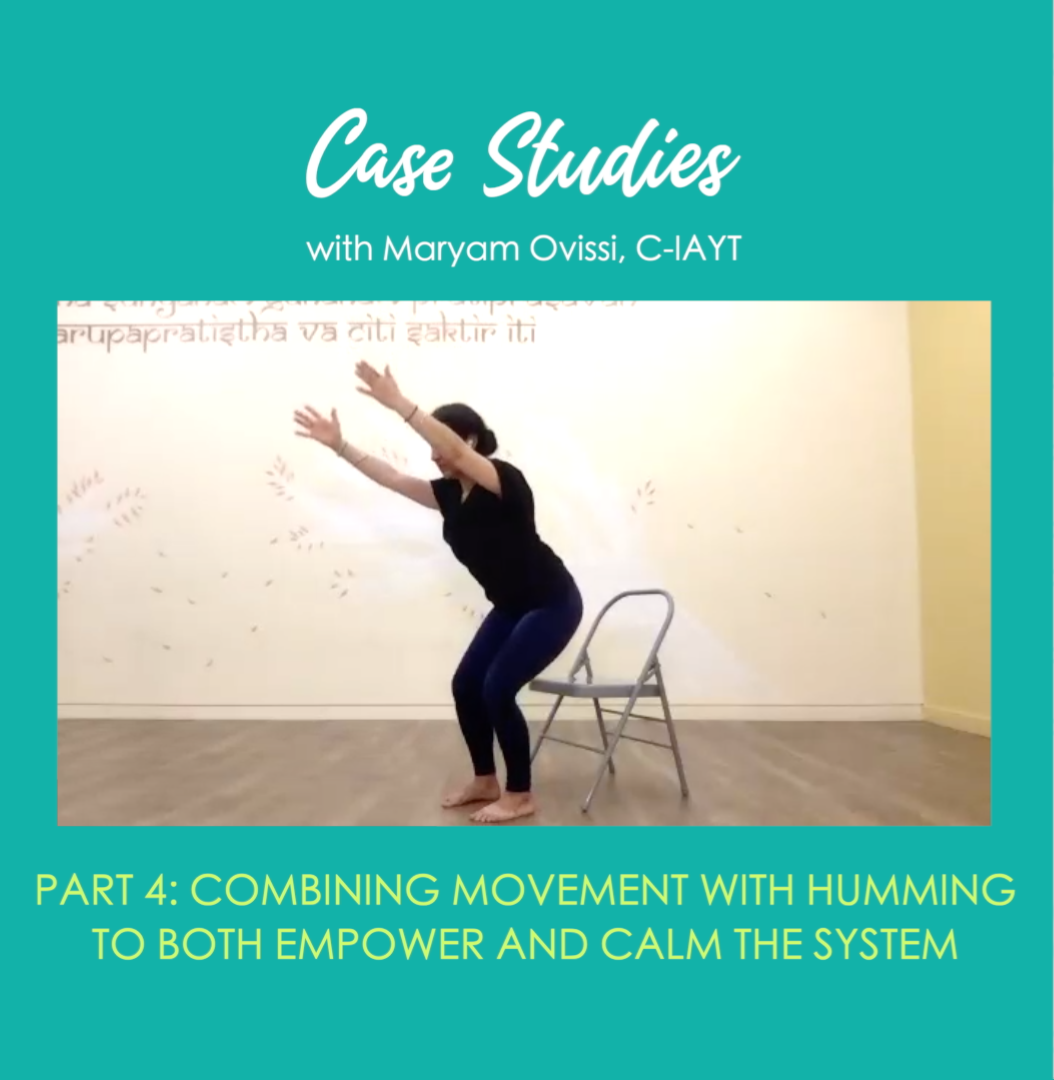
Check out Maryam’s Real-Life Case Studies video series on the Sequence Wiz community site. (Available exclusively to Sequence Wiz members. Learn more about Sequence Wiz membership >)
Part 1 (released): Core needs of an individual within a collective story
Part 2 (released): Using self-touch and community connection to overcome anxiety and loneliness
Part 3 (released): Using interval practices throughout the day to settle the nervous system
Part 4 (coming this Friday): Combining movement with humming to both empower and calm the system
We will release Maryam’s case studies once a week on Fridays; join our Case Studies group to follow along!
[jetpack_subscription_form]
About Maryam
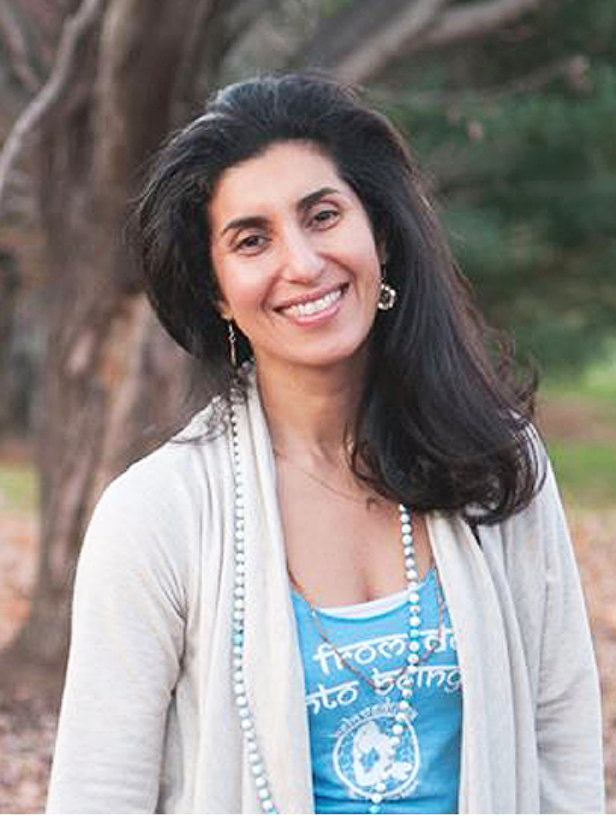 Maryam Ovissi is an accredited Trauma-Informed Clinical Yoga Therapist and Yoga Teacher. Her personal mission as an educator is to provide an opportunity for her students to have access to tools that allow healing, empowerment, and self-realization. Maryam founded Beloved Yoga: A Sanctuary for All, located in Reston, VA, offering yoga therapy, trauma-informed yoga, and a range of accessible classes to share the indigenous teachings of Yoga and Ayurveda with reverence, integrity and accessibility for the community at large, locally and internationally. Maryam’s teachers are the Mohans, and she is honored to be a lead teacher in their Svastha Yoga Therapy Program.
Maryam Ovissi is an accredited Trauma-Informed Clinical Yoga Therapist and Yoga Teacher. Her personal mission as an educator is to provide an opportunity for her students to have access to tools that allow healing, empowerment, and self-realization. Maryam founded Beloved Yoga: A Sanctuary for All, located in Reston, VA, offering yoga therapy, trauma-informed yoga, and a range of accessible classes to share the indigenous teachings of Yoga and Ayurveda with reverence, integrity and accessibility for the community at large, locally and internationally. Maryam’s teachers are the Mohans, and she is honored to be a lead teacher in their Svastha Yoga Therapy Program.
Maryam published Care of the Whole Self: Yoga-Inspired Practices for Befriending the Self in 2020 amid the COVID-19 pandemic. Before that, she wrote Pilgrimage through Patanjali’s Yoga Sutras: Guidebook for Yoga Travelers. Her other writing can be found in publications such as Yoga Therapy Today, World Medical & Health Policy, the American Institute for Cancer Research, and Yogi Times. She is a contributor to the groundbreaking 2022 publication of Yoga Therapy Across the Cancer Care Continuum by Leigh Leibel and Anne Pitman and A World Between: Poems, Short Stories and Essays by Iranian Americans (1999).
Maryam’s commitment to service and public well-being is the guiding light in all her work. Growing up with a renowned international Iranian modern artist, her father, Nasser Ovissi, immersed her in the sea of reverence for art and creativity. She serves on the board of the Tephra: Institute of Contemporary Art and also makes time to explore creativity in her own life through writing poetry and art-making. As an appointed advisory council member to Cathy Hudgins Southgate Community Center as well as NUFDI, she is grateful to be involved in meaningful ways to support the underserved and consider initiatives that activate collective solutions for mental health and human rights.


